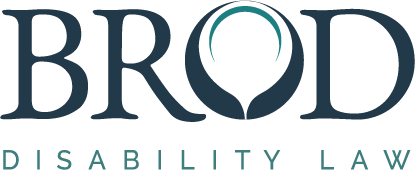Many people live long, full lives with congenital heart defects or congenital heart disease (CHD). You may have been one of them until your heart function began to decrease to the point where you were no longer able to work –- or at least not enough hours to support yourself.
People with CHD can qualify for Social Security Disability Insurance (SSDI) in some cases. However, the Social Security Administration (SSA) has specific eligibility criteria related to symptoms and heart function.
The qualifications for SSDI with CHD
The qualifications are very specific. Here are just a few examples of cases where your CHD may qualify you for benefits:
- You have arrhythmia that can’t be controlled with mediation and that causes fainting (or near-fainting)
- You have systolic heart failure with an ejection fraction of no more than 30% or diastolic dimensions of over 6.0 centimeters.
- You have symptomatic CHD with specific qualifications, including “intermittent right to left shunting” that causes cyanosis (a blue skin discoloration) or if you have secondary pulmonary vascular obstructive disease as well as elevated pulmonary arterial systolic pressure.
The SSA’s Blue Book provides more detailed information in Section 4.00 Cardiovascular System – Adult.
Start by talking to your cardiologist
If your CHD is preventing you from working or is seriously impacting your ability to earn a living, it’s a good idea to review the detailed list of qualifications with your cardiologist to determine whether you qualify for SSDI.
Claims can take months to process, so it’s wise to start as soon as possible. If you have already applied and you believe that your claim was wrongfully denied, you may want to seek help from an experienced Social Security disability attorney. They can provide valuable guidance and appeal the denial if necessary.
